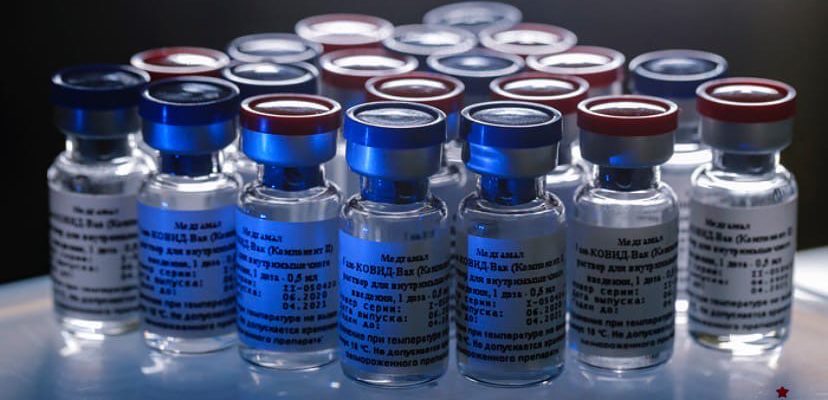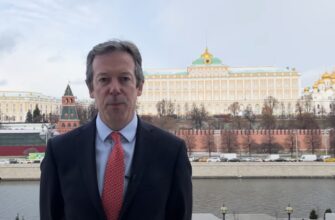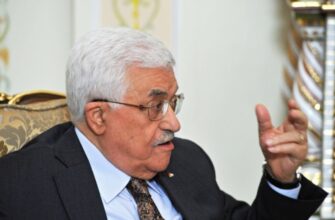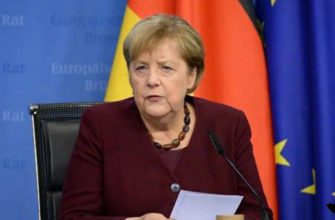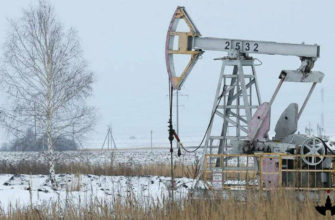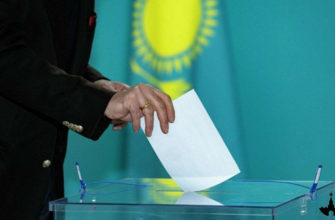In the countries of the European Union, the epidemiological situation remains serious. The heads of state decided to keep restrictive on cross-border travel at an unscheduled EU summit on 26 February.
One of the issues was the conflict with the Anglo-Swedish company AstraZeneca, which was supposed to supply most of the vaccines to the European Union.
In early February, the Anglo-Swedish manufacturer AstraZeneca, the American Pfizer and the German BioNTech announced that they would not be able to supply the EU with the required number of vaccine doses due to the reorganization of production.
As a result, less than 7% of the population of the countries received the vaccine in the European Union. AstraZeneca and Pfizer delayed shipments, so the countries were forced to look at other manufacturers of vaccines, such as Russia, China and the countries of South Africa.
Despite the difficulties, another open issue was discussed at the summit on February 26 – the introduction of a COVID-19 vaccination certificate, which allows crossing the borders of other countries.
What’s in the USA?
Earlier, the American company Pfizer was unable to produce the required amount of vaccines in accordance with the agreement concluded between nine EU countries and the company. Reuters said the EU had received only one-third of the vaccines that were supposed to be delivered back in December.
The Washington Post reports l that the USA turned to Moscow for the supply of vaccines. According to the new secretary of the US Department, American diplomats turned to Russia due to a shortage of vaccine production domestically.
Despite this, The Washington Post reports that American civil servants received vaccines, it is possible that other Americans will also be able to use Sputnik V.
